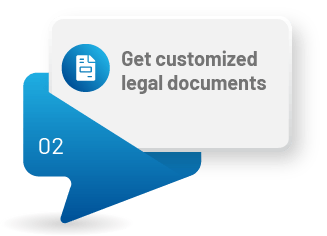Solidify User Trust with Our Website Privacy Policy!
Navigating the digital sphere necessitates stringent privacy measures. Our Website Privacy Policy is a meticulously drafted legal document delineating how customer and visitor data is collected, processed, and managed. It is your assurance to users that their information is secure and utilized with utmost discretion.
Privacy Policy Highlights:
- Detailed Disclosure: Comprehensive insights into the type of personally identifiable information collected and its intended use.
- Third-Party Interactions: Explicit revelations about any permitted third-party disclosures of user information.
- User Empowerment: Provisions allowing users to access and modify their personal information.
- Advanced Security: Extensive measures, including data encryption and secure servers, ensuring user information remains confidential.
- Global Compliance: In-depth knowledge and adherence to data and privacy protection laws of different regions, avoiding legal repercussions.
Incorporate Our HTML Embeddable Policies!
Importance of a Robust Privacy Policy:
- Trust & Transparency: A privacy policy fosters trust and assures users their data is in safe hands.
- Legal Shield: It’s not just about user trust; it’s a legal prerequisite, especially for sites handling personal information. Non-adherence can lead to substantial penalties and reputational damage.
- User Safeguard: With rising concerns over data security, a privacy policy is your pact with users, affirming their data is protected and used ethically.
Regional & Industry-Specific Compliance:
Guard Your Users’ Privacy with Our Precision-Crafted Policy! Integration of our Website Privacy Policy is more than a legal requisite—it’s about cementing user relationships on foundations of trust, transparency, and ethical data utilization. Embed our policies, secure user data, and bolster your digital reputation today!
Enhance your website’s transparency and fortify user trust! Integrate our meticulous privacy policy now and safeguard both your users and your reputation!




